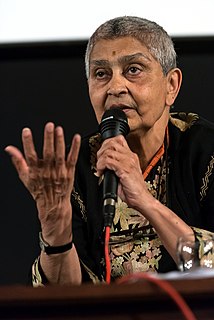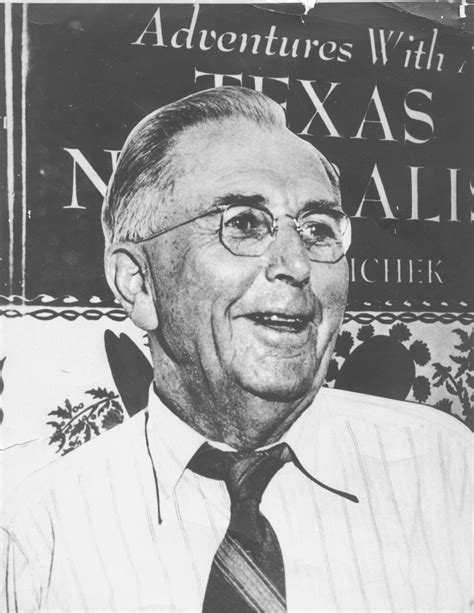A Quote by H. L. Mencken
A great literature is thus chiefly the product of doubting and inquiring minds in revolt against the immovable certainties of the nation.
Related Quotes
We always come back to the same misunderstanding. The Jews because of their spirit of revolt, their exclusiveness and the Messianic tendencies which animate them are in essence revolutionaries, but they do not realize it and believe that they are working for 'progress.'...but that which they call justice is the triumph of Jewish principles in the world of which the two extremes are plutocracy and socialism. Present day Anti-Semitism is a revolt against the world of today, the product of Judaism.
...we should all fortify ourselves against the dark hours of depression by cultivating a deep distrust of the certainties of despair. Despair is relentless in the certainties of its pessimism. But we have seen again and again, from our own experience and others', that absolute statements of hopelessness that we make in the dark are notoriously unreliable. Our dark certainties are not sureties.
Society today is no longer in revolt against particular laws which it finds alien, unjust, and imposed, but against law as such, against the principle of law. And yet we must not regard this revolt as entirely negative. The energy that rejects many obsolete laws is an entirely positive impulse for renewal of life and law.
Louis XIV was very frank and sincere when he said: I am the State. The modern statist is modest. He says: I am the servant of the State; but, he implies, the State is God. You could revolt against a Bourbon king, and the French did it. This was, of course, a struggle of man against man. But you cannot revolt against the god State and against his humble handy man, the bureaucrat.





































